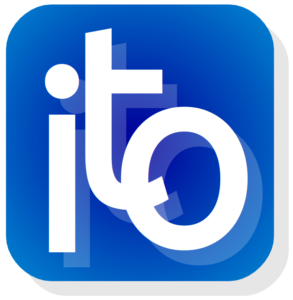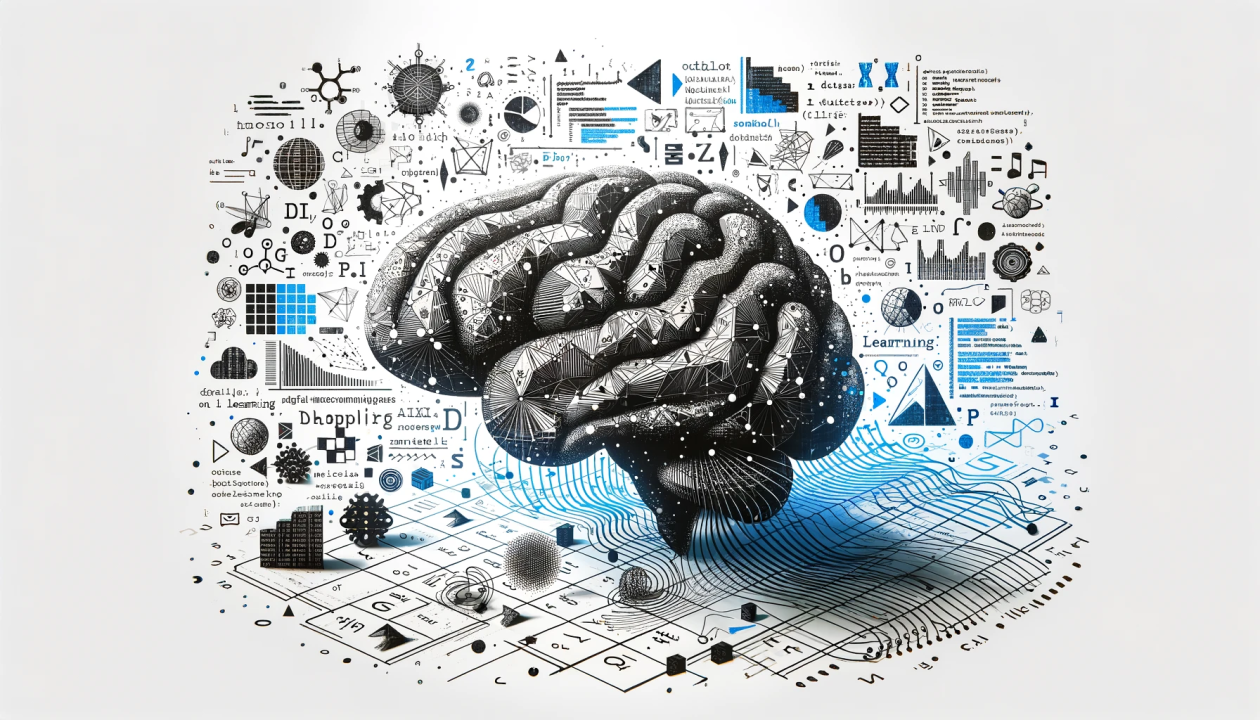In the ever-evolving landscape of technology, the ability to adapt and learn new programming languages is invaluable.
But what makes some developers more adept at this than others?
A key factor is the presence of transferable skills honed through experience in various programming languages, complemented by a foundational understanding of computer science principles.
Logical Thinking and Problem Solving
At the heart of every programming language is the need for logical structuring and problem-solving, skills that are transferable and fundamental regardless of syntax or language specifics.
Algorithmic Thinking
The ability to conceive and understand algorithms is universal in programming. An algorithm written in Python, for instance, can often be adapted to Java or C++ with adjustments for language-specific idiosyncrasies.
Understanding of Data Structures
Whether it’s an array in JavaScript or a list in Python, the underlying concept of data structures remains constant across languages. This understanding is crucial for data manipulation and algorithm efficiency in any language.
Debugging Skills
Debugging is an essential skill across all programming languages. The ability to logically deduce where a problem might lie is a skill that improves with experience, regardless of the language being used.
The Added Advantage of a Computer Science Degree
A degree in computer science doesn’t just teach you how to code; it provides a deep understanding of how computers and software work at a fundamental level.
– This includes:
- Theoretical knowledge of computing and information systems.
- Exposure to multiple programming paradigms and environments.
- An understanding of software development life cycles and methodologies.
It fosters an understanding of computing at a fundamental level, from how algorithms are constructed and optimized to how data is processed and stored.
Application in Learning New Technologies
Armed with transferable programming skills and a foundational computer science education, learning new technologies becomes a far less daunting task.
For example:
- Grasping a new programming language can be quicker, as you can draw parallels with languages you already know.
- Understanding new development frameworks and environments is facilitated by a strong grasp of underlying principles.
- Adapting to new software tools or methodologies is smoother with a background in diverse computing concepts.
Knowing one or more programming languages creates a mental framework for learning others. Familiarity with different paradigms (object-oriented, functional, procedural) makes picking up a new language less about starting from scratch and more about adapting to new syntax and libraries.
A computer science background enhances this capability. It provides a “big picture” understanding of software development, making it easier to see the common threads that run through different technologies.
This synergy of programming experience and theoretical knowledge equips developers with the tools to learn and adapt quickly in a field that’s constantly introducing new languages and technologies.
Conclusion
The journey of a software developer is one of continual learning and adaptation.
However, developers equipped with a strong foundation in computer science and a portfolio of transferable programming skills find themselves at a distinct advantage.
They are better prepared to tackle new languages and technologies, making them versatile and highly adaptable professionals in the tech industry.
This adaptability is not just a professional asset; it’s a necessity in keeping pace with the rapid advancements of our digital world.
Embrace the challenge of learning
Let your foundational skills and curiosity guide you through the ever-changing landscape of technology.
Share your experiences with learning new languages and how your computer science background has helped you in this journey.
– Let’s inspire and learn from each other’s journeys!

